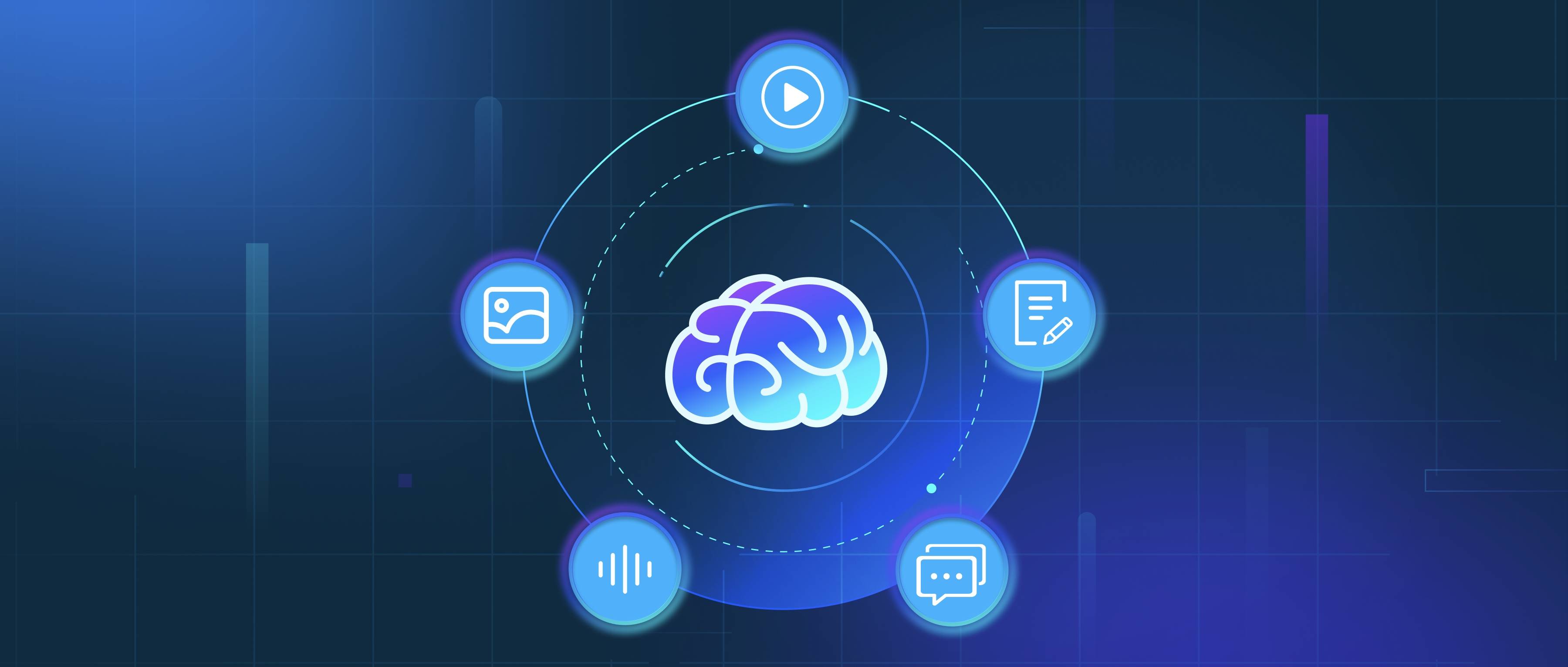Yes, guardrails can prevent LLMs from storing personal information by implementing strict data retention policies and real-time monitoring. These guardrails can block the model from storing any personally identifiable information (PII) during interactions. For example, if the LLM receives a query containing sensitive details, the guardrails will ensure that such information is immediately discarded after processing without being retained in the system.
Guardrails can also be designed to prevent the model from accidentally storing or remembering user inputs across sessions. This is especially important for privacy-sensitive applications, where retaining user data could violate laws such as GDPR or lead to security vulnerabilities. By ensuring that no data is stored unless explicitly required (and with consent), the guardrails protect against unauthorized data retention.
Moreover, these guardrails can be integrated with access control mechanisms to ensure that no user data is accessible to unauthorized individuals or systems. In sensitive environments like healthcare or finance, this helps mitigate the risk of exposing personal information through model interactions.
